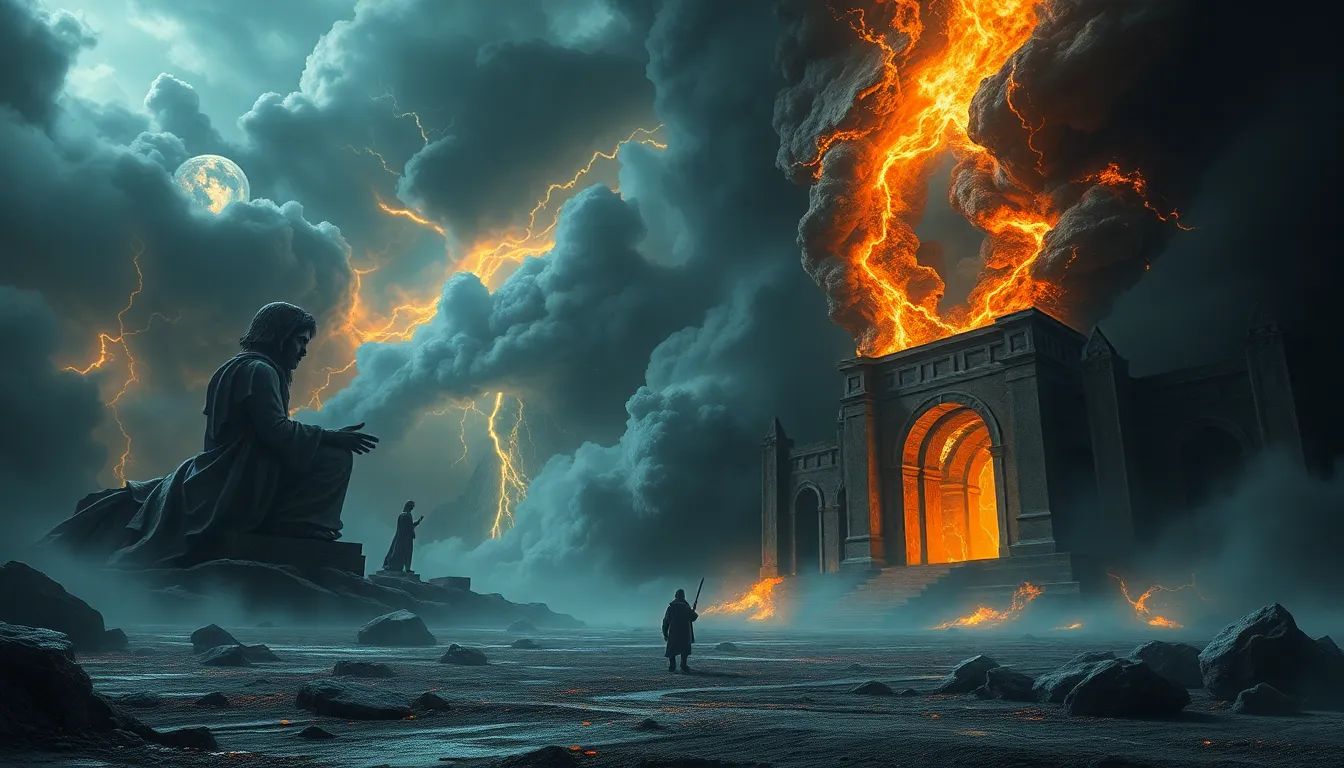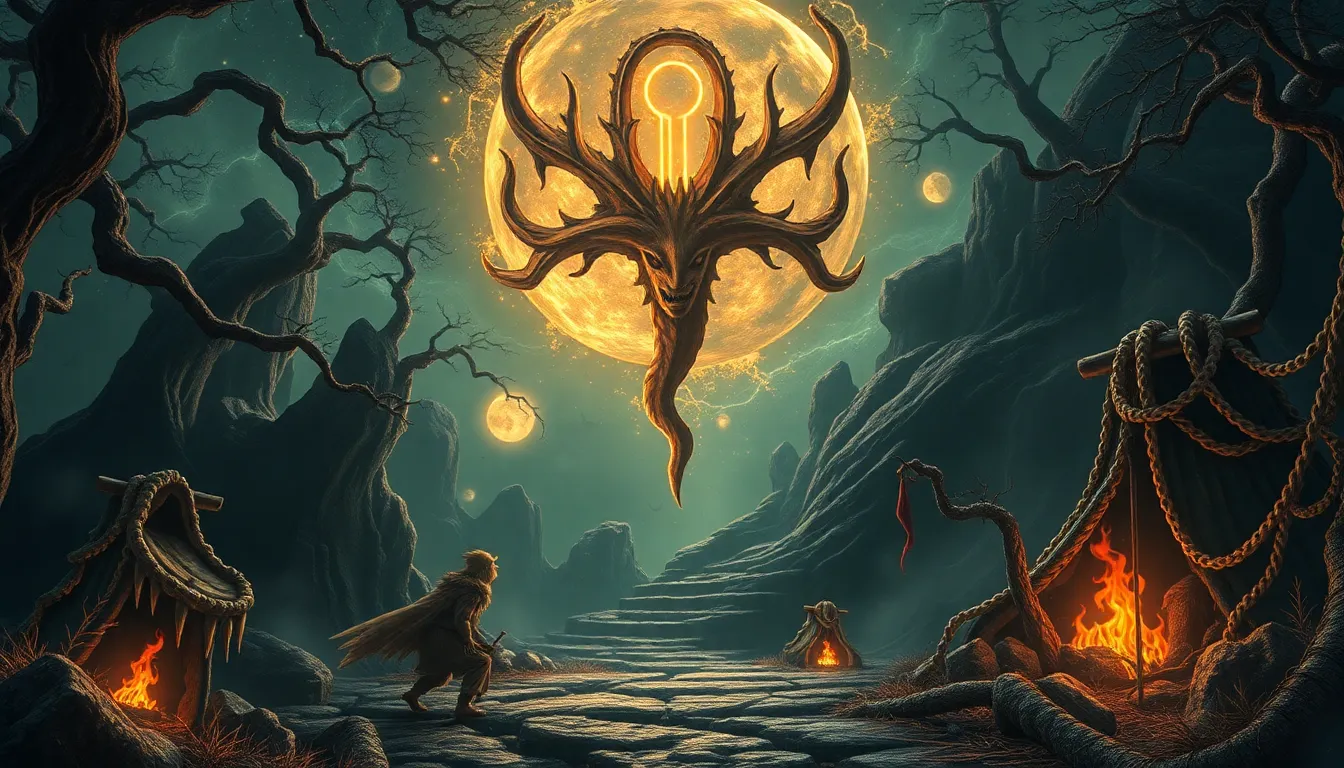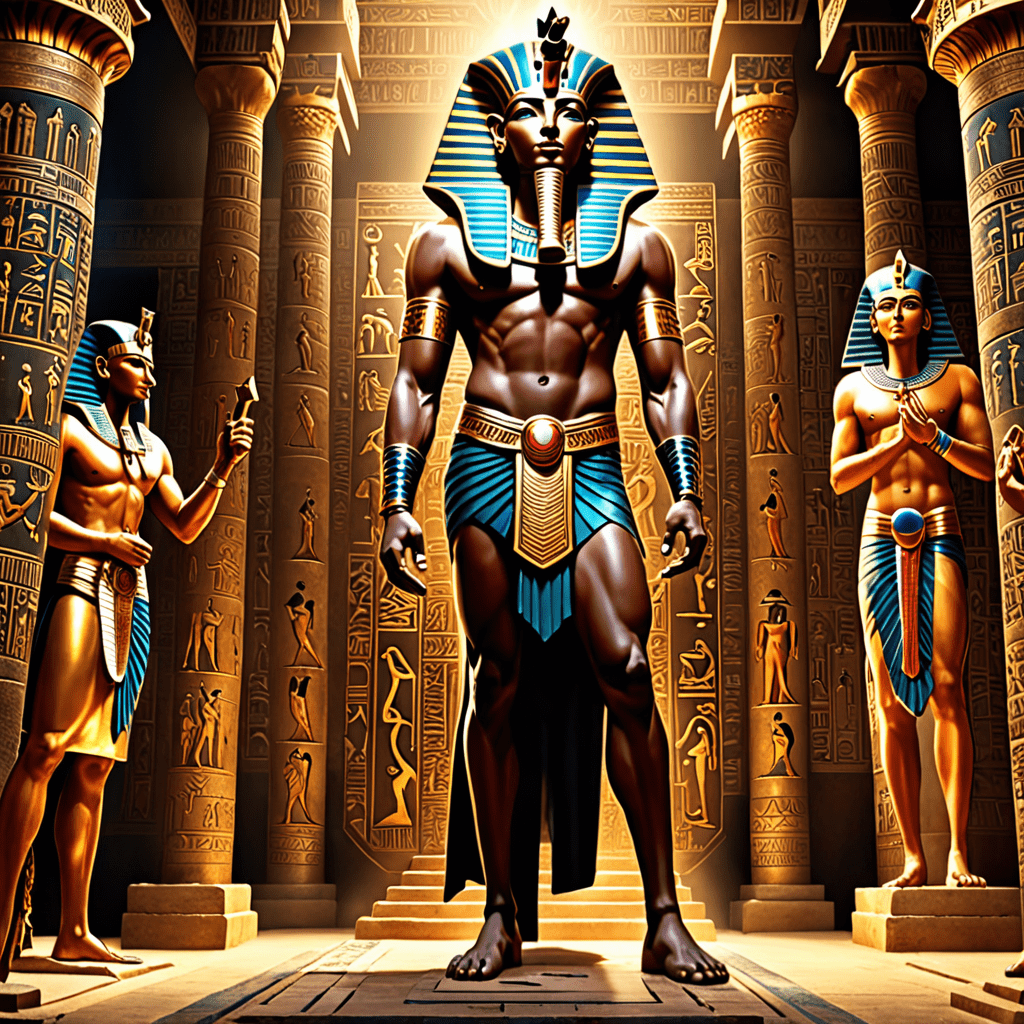The Myths of the End Times: Are They Warnings or Folklore?
Introduction to End Times Myths
The concept of End Times, or apocalyptic narratives, has been a part of human culture for centuries, transcending geographical boundaries and cultural divides. From ancient civilizations to modern societies, the thought of an impending end has both fascinated and frightened humanity. This article aims to explore the various myths surrounding the End Times, delving into whether these narratives serve as genuine warnings or mere folklore stemming from human imagination.
Historical Context of End Times Beliefs
Throughout history, societies have crafted stories and myths about the end of the world, often reflecting their fears, hopes, and the socio-political climates of their times. Ancient civilizations such as the Sumerians, Egyptians, and Mayans developed complex narratives that included catastrophic events and divine interventions.
- Sumerians: Believed in a cyclical nature of time, with gods periodically resetting the world.
- Egyptians: Focused on the judgment of the dead, where the heart was weighed against the feather of Ma’at.
- Mayan Civilization: Famous for their calendar, which many misinterpreted as predicting the end of the world in 2012.
The role of religion has played a pivotal part in shaping these myths, with various faiths providing frameworks for understanding existential crises and moral decay.
Major Religious Perspectives on the End Times
Different religious traditions have distinct views on the End Times, each offering unique interpretations and significance.
Christianity
In Christianity, the Book of Revelation is central to apocalyptic belief. It describes a series of events leading to the Second Coming of Christ and the final judgment.
- Interpreters: Various interpretations exist, from literal to metaphorical understandings.
- Impact: This narrative has influenced countless believers and sparked movements throughout history, such as the millenarian movements.
Islam
Islam teaches about the Day of Judgment (Yawm al-Qiyamah), where every individual will be held accountable for their actions. This belief emphasizes justice and moral order.
- Significance: The concept of Al-Mahdi and the return of Jesus play crucial roles in Islamic eschatology.
Hinduism and Buddhism
In Hinduism, the notion of time is cyclical, with epochs (Yugas) representing phases of creation and destruction. Buddhism, too, addresses cycles of rebirth and the eventual dissolution of the world.
- Hindu Cycles: The belief in periodic dissolution of the universe, followed by regeneration.
- Buddhist Perspective: Emphasizes mindfulness and the transient nature of existence.
Modern Interpretations of End Times Myths
In contemporary society, views on apocalyptic prophecies have evolved. Many people interpret these myths through the lens of current global issues such as climate change, political unrest, and technological advancements.
Popular culture has significantly influenced modern End Times narratives, with films, literature, and digital media portraying apocalyptic scenarios that resonate with audiences. Notable examples include:
- Movies: “The Road,” “Children of Men,” and “Mad Max” depict dystopian futures.
- Literature: Novels like “The Road” by Cormac McCarthy explore themes of survival and morality in a post-apocalyptic world.
Psychological and Sociological Aspects of End Times Beliefs
The appeal of End Times myths often intensifies during periods of crisis. They can provide a sense of understanding and narrative in chaotic times. Sociologically, these beliefs can lead to:
- Group Dynamics: Formation of communities around shared beliefs about the apocalypse.
- Behavioral Changes: Individuals may alter their lifestyles based on perceived imminent threats.
The Role of Science in Discrediting or Supporting End Times Myths
Science plays a critical role in either discrediting or supporting beliefs in End Times. Natural disasters, climate change, and pandemics can appear as signs of apocalyptic scenarios.
- Scientific Explanations: Many natural phenomena that were once viewed as omens can now be explained through scientific inquiry.
- Climate Change: Discussions around climate change have led some to draw parallels to traditional apocalyptic narratives, warning of dire consequences if action is not taken.
Case Studies of Notable End Times Predictions
Several notable predictions have captured public attention over the years, often leading to widespread concern or panic:
- Y2K: The turn of the millennium sparked fears of technological collapse, but ultimately, the event passed without incident.
- Mayan Calendar: The supposed prediction of the world’s end in 2012 led to significant media attention, although it was based on misinterpretation.
These cases highlight societal reactions to failed prophecies, often leading to skepticism toward future predictions.
The Impact of Technology on End Times Narratives
In the digital age, technology has transformed how End Times narratives are spread and consumed. Social media platforms amplify apocalyptic theories, allowing them to reach broader audiences.
- Viral Theories: Many apocalyptic theories can gain traction quickly, leading to mass discussions and beliefs.
- Cybersecurity Fears: Concerns about technological collapse due to cyber threats have contributed to modern apocalyptic thinking.
End Times Myths as Cautionary Tales
While often seen as mere folklore, End Times myths can serve as cautionary tales, providing insights into human behavior and societal values.
- Warnings: Many narratives urge people to reflect on their actions, emphasizing the need for moral responsibility.
- Inspiration for Action: They can inspire movements aimed at addressing global challenges, such as environmental degradation and social injustice.
Conclusion: The Future of End Times Myths
As we navigate a rapidly changing world, the relevance of End Times myths remains significant. They challenge us to think critically about our collective future and the consequences of our actions. Encouraging dialogue about these beliefs fosters understanding and may lead to proactive measures in addressing contemporary issues. In essence, whether viewed as warnings or folklore, End Times narratives continue to shape our cultural consciousness and societal behaviors.



